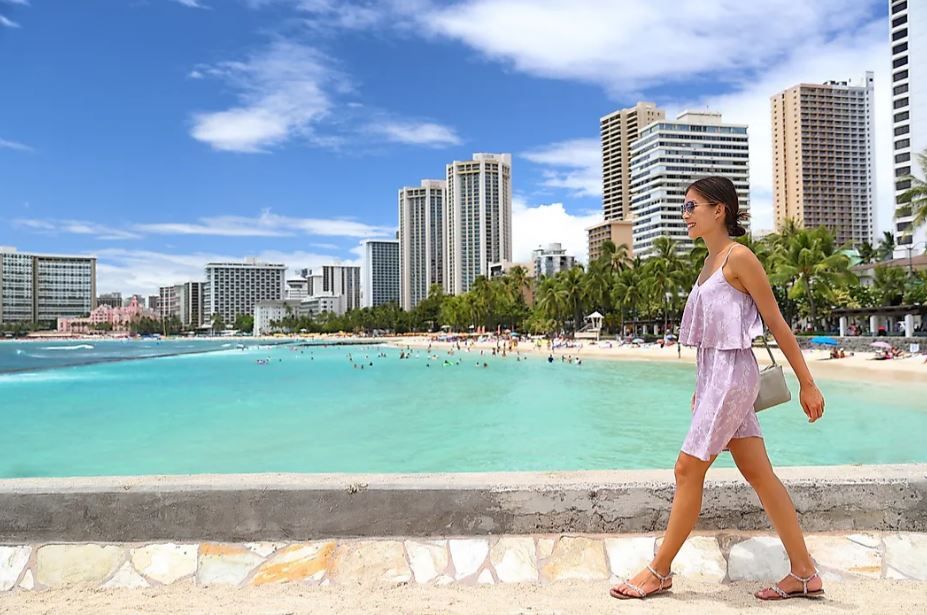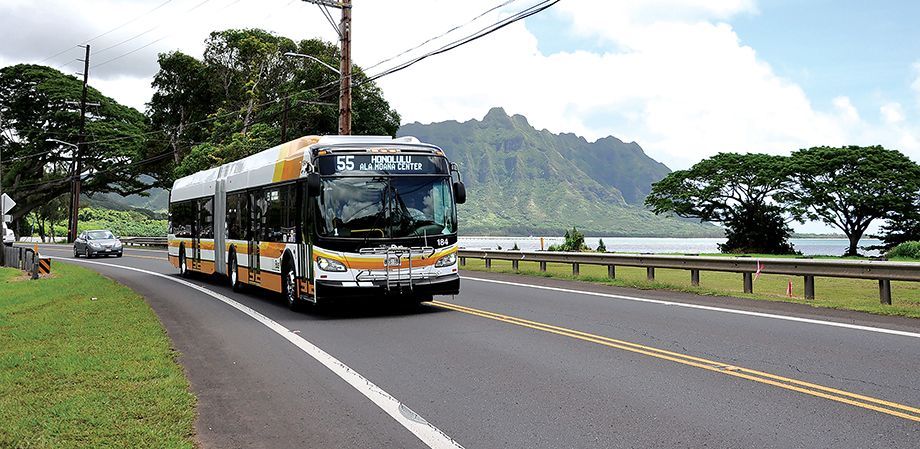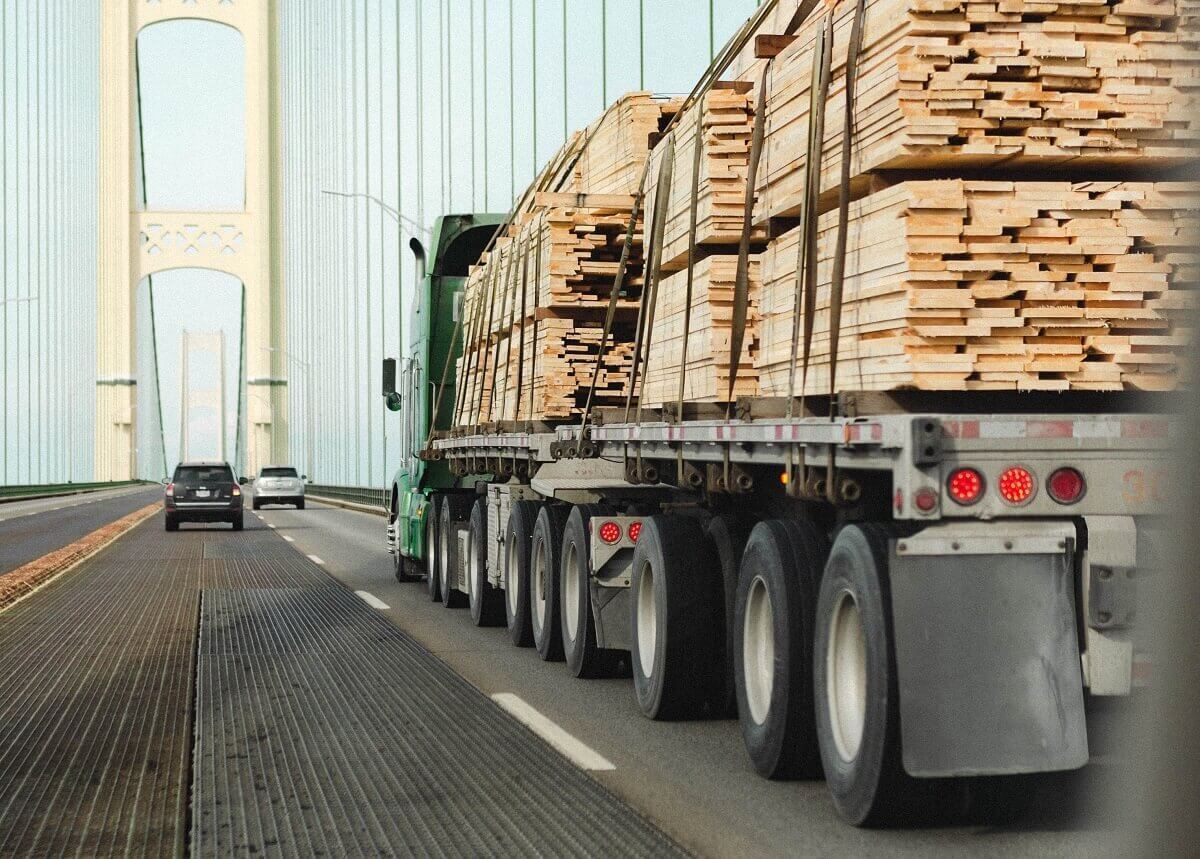What is the Cost of Living in Hawaii
This is paragraph text. Click it or hit the Manage Text button to change the font, color, size, format, and more. To set up site-wide paragraph and title styles, go to Site Theme.
With its beautiful beaches, picturesque scenery, and lively culture, Hawaii is a dream come true for many. But before you jump ship and move to Hawaii, it’s important to know how much Hawaii costs to live.

Exploring Hawaii's Cost of Living: Factors and Expenses
Hawaii’s unique geography and remote location means that it’s more expensive to live in than many other U.S. states. Here, we’ll explore the factors that affect Hawaii’s cost of living and give you an idea of what you can expect to pay.
1. Housing Costs in Hawaii
Housing is usually the biggest expense for Hawaii residents. Land shortage and high demand lead to higher home prices and rental costs than the national average, especially in urban areas like Hawaii. For example, a small one-bedroom unit in downtown Honolulu can cost as much as $2,500 a month, and a similar unit outside the downtown area can cost as little as $1,900 a month. Buying a home in high-end neighborhoods can cost hundreds of thousands or even several million dollars.
2. Utilities
Utilities in Hawaii tend to be higher than the national average. The state's dependence on imported resources, such as oil, for energy production leads to higher electricity costs. Additionally, the tropical climate necessitates the use of air conditioning, further increasing energy expenses. Monthly utility bills, including electricity, water, heating, and cooling, for a typical household can average around $250 to $300.
3. Utilities
Hawaii’s high cost of transportation can be attributed to several factors, including the island’s geography and the state’s limited access to public transportation. For most residents, owning a vehicle is a necessity, and the cost of owning a car in Hawaii tends to be slightly more expensive than on the mainland. In addition, gas prices tend to be higher in Hawaii than in the rest of the U.S. The cost of air travel between islands can also add up quickly, especially if you frequently travel for business or leisure.
4. Groceries and Food
As an island state, Hawaii heavily relies on imported goods, which affects the cost of groceries and food. While you can find reasonably priced options at local markets and supermarkets, certain items that need to be imported, such as fresh produce, dairy products, and meat, tend to be more expensive. Embracing the local cuisine and exploring farmers' markets can help stretch your food budget and provide access to fresh, locally sourced ingredients.
5. Healthcare
Hawaii’s healthcare costs tend to be higher than the U.S. national average. This is due to the state’s limited healthcare resources, an aging population, and an influx of tourists.
When it comes to healthcare costs in Hawaii, it’s important to budget for it. Your medical insurance premium, copay, and OOP can add up quickly, so it’s essential to have a healthcare budget in place.
6. Education
If you have kids or are planning to go to college in Hawaii, you’ll need to consider education costs. Private school tuition in Hawaii can run anywhere from a few thousand dollars to tens of thousand dollars annually.
Public schools are available in Hawaii, but, as with most public schools, the quality can vary greatly.
Higher education in Hawaii is available through the U of Hawaii system, which has several campuses. Out-of-State students can expect to pay significantly higher tuition fees.
7. Entertainment and Recreation
Hawaii is rich in natural beauty and offers a variety of outdoor activities that won’t break the bank. However, some of Hawaii’s most popular tourist attractions and water sports may cost more than others. Budget for leisure activities so you can experience and enjoy all that Hawaii has to offer.
Conclusion
Living in Hawaii comes with a higher cost of living compared to many other states in the United States. Factors such as housing, utilities, transportation, groceries, healthcare, education, and entertainment contribute to the overall expenses. While the cost of living in Hawaii may be higher, the unique cultural experiences, breathtaking landscapes, and warm climate make it an attractive place to live for many. Understanding the costs involved will help you plan and make informed decisions when considering a move to the Aloha State. Whether you're relocating for work, education, or personal reasons,
Car Shipping Hawaii is here to assist you in safely transporting your vehicle to the beautiful islands.














